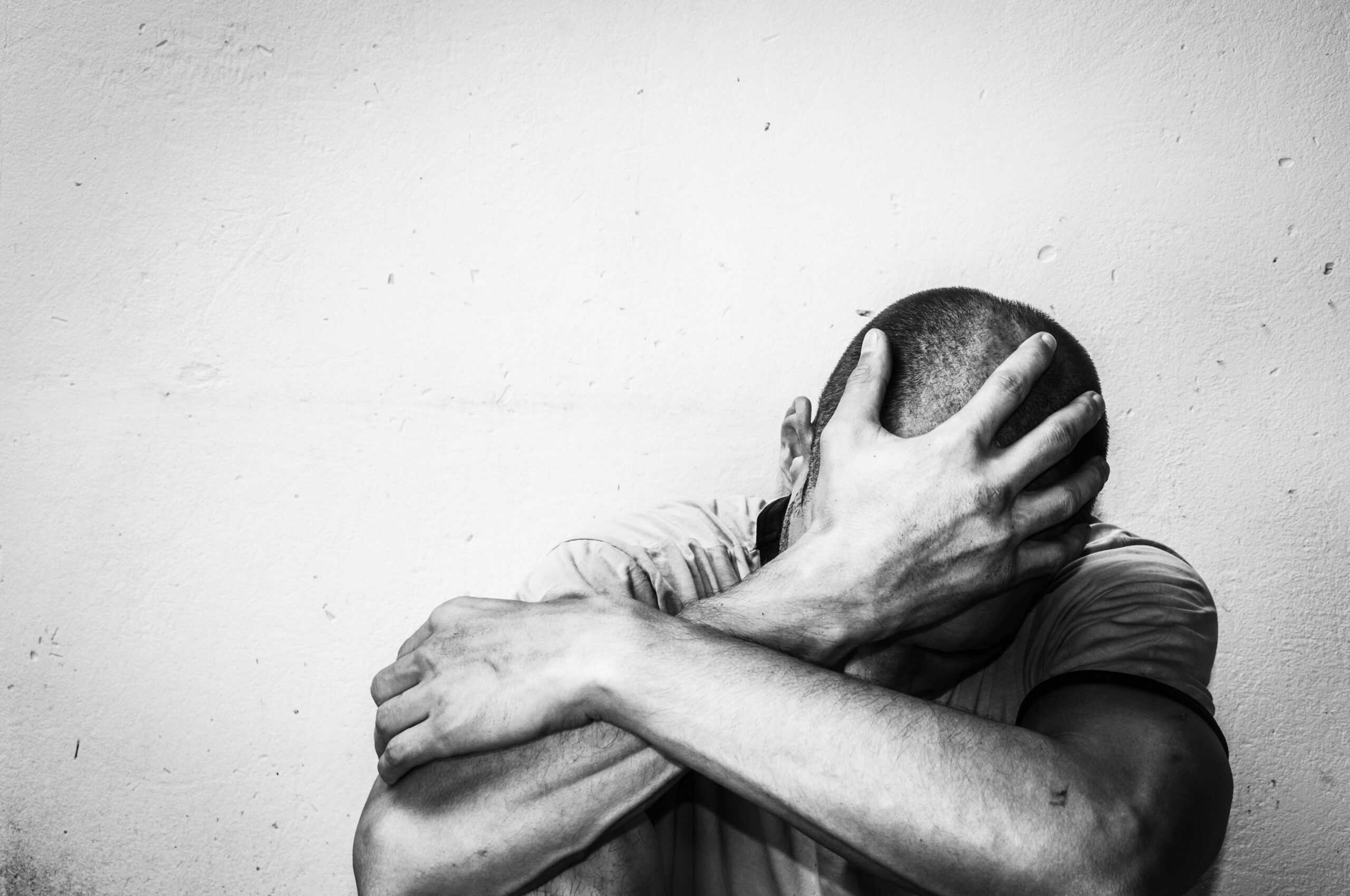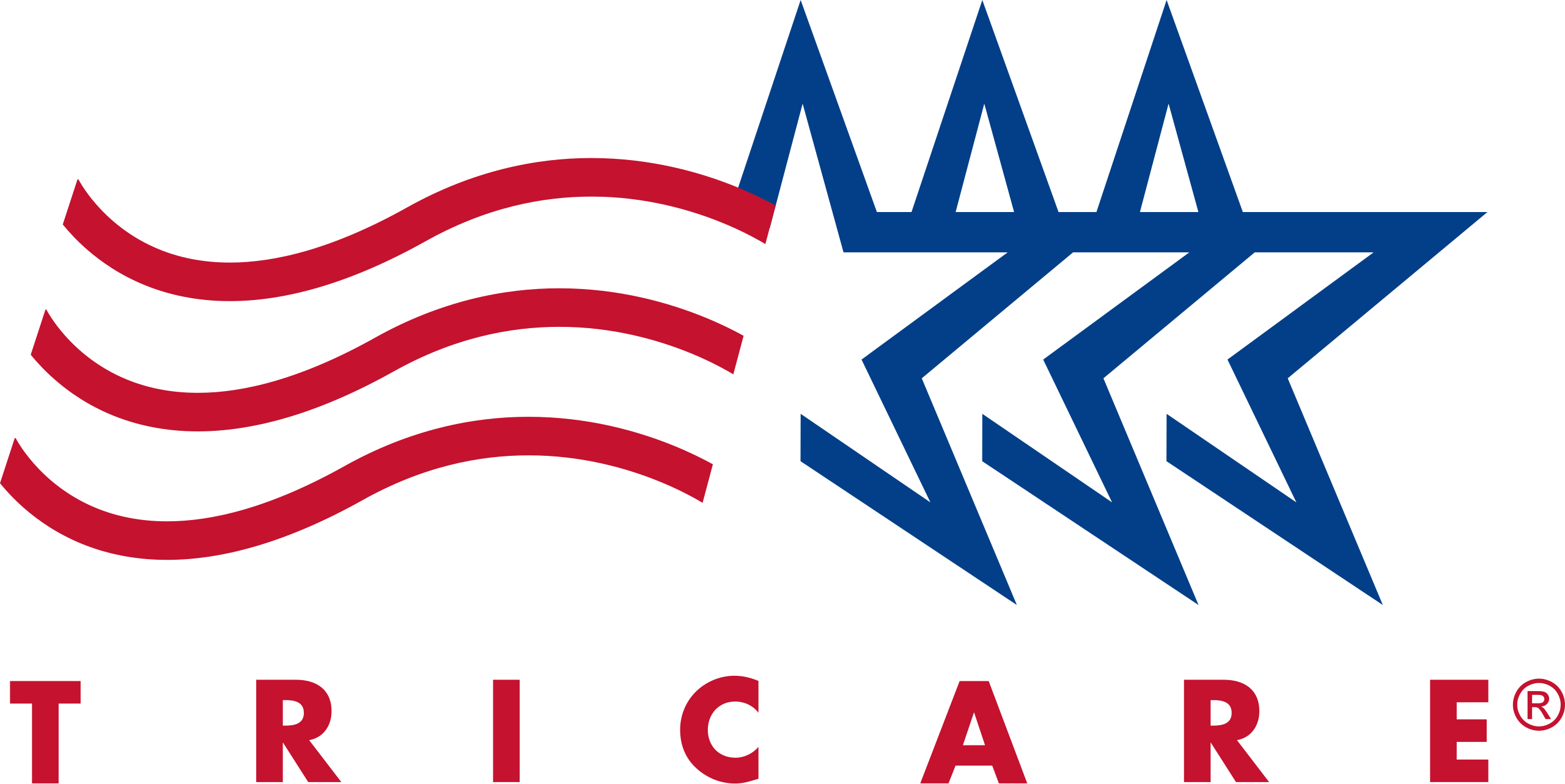Post-Traumatic Stress Disorder (PTSD) is a mental health condition that occurs after witnessing or experiencing a traumatic event. It is characterized by various symptoms, such as flashbacks, nightmares, anxiety, and intrusive thoughts relating to the trauma. Fortunately, numerous treatment options exist to help individuals regain control over their lives and alleviate their distress. The different PTSD treatments available include therapeutic approaches and medication interventions, which have shown promising results in managing this debilitating disorder.
PTSD and Mental Health
PTSD statistics for 2023 from the National Institutes of Health reported 6 out of 10 men and 5 out of 10 women are exposed to at least a singular traumatic event during their lifetime. Furthermore, for every 100 men, 4 will develop PTSD, and for every 100 women, 8 will develop PTSD.
The trauma that causes PTSD can vary widely, from combat and accidents to natural disasters and personal assaults. The effects of PTSD can be long-lasting and may significantly impact daily functioning, relationships, and overall well-being.
This disorder is characterized by four main types of symptoms: intrusive thoughts or memories related to the trauma, avoidance behaviors to prevent reminders of the event, negative changes in mood and thinking patterns, and increased arousal and reactivity. These symptoms often lead to difficulties in concentration, sleep disturbances, irritability, depression, anxiety disorders, substance abuse issues, and impaired social interactions.
Cognitive Behavioral Therapy
Cognitive-Behavioral Therapy (CBT) is a widely recognized and effective treatment for PTSD symptoms. It focuses on identifying and changing unhelpful thoughts, behaviors, and emotions associated with the traumatic event. In CBT for PTSD treatment, individuals work closely with a therapist to develop coping skills and strategies to manage distressing symptoms. The therapy typically involves several key components:
- Psychoeducation: Understanding how trauma affects the brain and learning about common reactions to trauma helps individuals gain insight into their experiences and normalize their responses.
- Exposure therapy: This technique gradually exposes individuals to reminders of the traumatic event in a safe environment, allowing them to process distressing emotions associated with it. This step-by-step approach helps reduce anxiety over time.
- Cognitive restructuring: By identifying negative or distorted thoughts related to the trauma, CBT challenges these beliefs and replaces them with more accurate, balanced ones through cognitive restructuring techniques.
- Skills training: Learning practical techniques such as relaxation exercises, stress management strategies, anger management tools, and problem-solving skills can help individuals better cope with PTSD symptoms in daily life.
- Grounding techniques: These are used during moments of intense distress or flashbacks by focusing attention on immediate sensory experiences like breathing patterns or physical sensations to help individuals remain grounded in the present moment.
- Sleep techniques: CBT for PTSD may also address sleep disturbances by teaching individuals techniques to improve sleep quality and establish a regular sleep routine.
Individual Therapy
Individual therapy, also known as talk therapy or counseling, is an effective treatment option for addressing a wide range of mental health concerns, including PTSD. It involves one-on-one sessions between a trained therapist and the individual seeking help.
In PTSD treatment, individual therapy provides a safe and confidential space for individuals to explore their thoughts, emotions, and experiences related to the traumatic event. The therapist creates a supportive environment where individuals can express their feelings without judgment.
During individual therapy sessions for PTSD, various therapeutic approaches are used that are tailored to the individual’s needs. These help people gain insight into their reactions while developing healthy coping mechanisms necessary for healing from PTSD.
Group Therapy
Group therapy is a widely used and beneficial treatment option for individuals dealing with PTSD. Unlike individual therapy, group therapy involves a therapist leading sessions with a small group of individuals with PTSD. This therapeutic setting provides a unique opportunity for participants to connect with others who have gone through similar traumas, fostering a sense of validation and understanding that can be incredibly healing.
Participants in group therapy often provide support and empathy to one another, offering insights, encouragement, and feedback based on their own experiences. Sharing coping strategies can be empowering, allowing members to learn from each other.
Additionally, group therapy helps combat the isolation commonly experienced by individuals with PTSD by providing a supportive social network where they can interact openly without fear of stigma or judgment. Being part of a group can help diminish feelings of shame or self-blame associated with trauma-related symptoms by realizing that others experience similar challenges.
Group sessions can incorporate various therapeutic techniques such as mindfulness exercises, communication skills training, stress management strategies, and relaxation techniques to help enhance coping abilities.
Medications for PTSD
Medications can be a valuable component in PTSD treatments, particularly when combined with therapy. They are primarily used to help manage specific symptoms and provide relief from distress.
Antidepressant medications, such as sertraline (Zoloft) or paroxetine (Paxil), are often the first-line pharmacological treatment for PTSD. They work by increasing serotonin levels in the brain, which can alleviate anxiety, depression, and intrusive thoughts.
SNRIs like venlafaxine (Effexor) also increase serotonin levels but additionally target norepinephrine neurotransmitters involved in stress response regulation. Prazosin is sometimes prescribed specifically to address nightmares and sleep disturbances related to PTSD by blocking adrenaline receptors that contribute to these symptoms.
Medications like diazepam (Valium) or alprazolam (Xanax) may also be used on a short-term basis to reduce acute anxiety symptoms associated with trauma.
Compassionate PTSD and Detox Treatment in Pompano Beach, FL
If you are struggling with alcohol and substance abuse to self-medicate PTSD symptoms, help is available at Retreat of Broward in Pompano Beach, FL. Our detox and PTSD treatments help you find the path forward, free from substances, while helping you heal from your traumatic experience. Start your healing journey now by contacting us today.
















